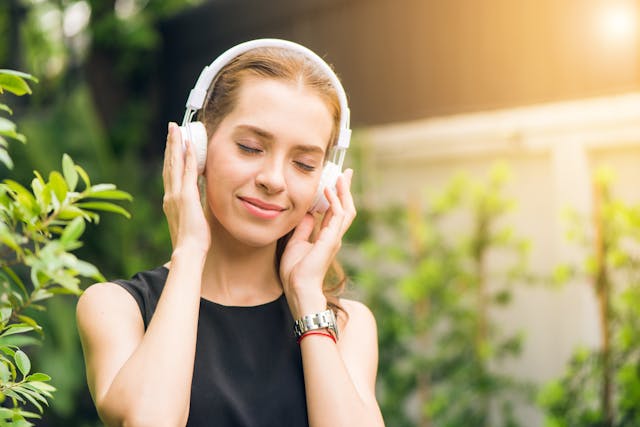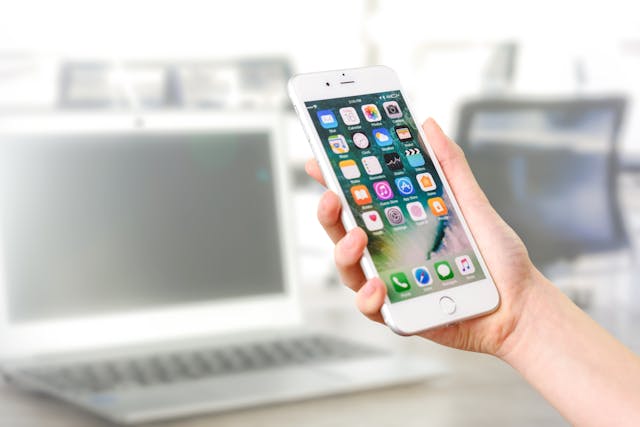 Stephen Geller Katz LCSW-R
Stephen Geller Katz LCSW-R
Misophonia Cognitive Retraining Therapy
 Stephen Geller Katz LCSW-R
Stephen Geller Katz LCSW-RMisophonia Cognitive Retraining Therapy
Misophonia Cognitive Retraining Therapy, as featured on the MTV True Life episode: “I Have Misophonia” premiering Friday, December 16th, 7:00 PM EST. See Clip >
|
|
|
| Moderate to severe anxiety triggered by chewing sounds, including: | ||
|
|
|
You may also be affected by visual stimuli, such as repetitive foot or body movements, fidgeting or movement you observe out of the corners of their eyes. Intense anxiety, rage and avoidant behavior may develop as a result of misophonia.
 * Do you feel your family and friends don’t understand how much you suffer?
* Do you feel your family and friends don’t understand how much you suffer?
* Do you often feel you can just suffer through a social event where there is eating present only to find that you must “escape” before you have a panic attack?
* Do you find that some people are at first understanding and make some efforts not to make the triggering sounds in front of you, but soon forget and constantly have to be reminded, causing you to feel angry, anxious and depressed?
* Are you avoiding social activities that you enjoy because of the misophonia?
* Are you fearful of losing your job and/or is the misophonia effecting your job performance?
You may be a candidate for Misophonia Cognitive Retraining Therapy, or MCRT.
Stephen Geller Katz, LCSW-R, with over 20 years of clinical experience, a New York University graduate, developed Misophonia Cognitive Retraining Therapy and founded Misophonia Cognitive Center™ in response to the growing number of people with Misophonia coming to his private practice from audiologists and ENTs. He discovered that by helping people to retrain and reinterpret the thoughts around their Misophonia, anxiety and depression symptoms began to improve. But even more important so did the Misophonic trigger response.
What are some technological aids most effectively used for managing misophonia? This condition, characterized by strong emotional reactions to specific sounds, can be very challenging to live with. However, technological aids have emerged as effective tools to help individuals cope with their triggers. Here, we explore various technological solutions designed to alleviate the symptoms of misophonia and improve quality of life.

Noise-canceling headphones are among the most popular and effective technological aids for managing misophonia. These headphones use active noise cancellation technology to reduce background noise, making it easier for individuals to focus and relax without being disturbed by trigger sounds.
Sound masking devices emit background noise that can help mask trigger sounds, creating a more pleasant auditory environment. These devices can be particularly useful in home or office settings.
Personal sound amplifiers can be used to amplify surrounding sounds, making it easier to hear desired sounds while reducing the impact of trigger noises. These devices are often used by individuals with hearing impairments but can also benefit those with misophonia.
Personal sound amplifiers can help individuals focus on specific sounds, such as a conversation in a noisy environment, by amplifying the desired sounds and reducing background noise. This selective amplification can make it easier to manage misophonia triggers in social and professional settings.
Several smartphone applications are designed specifically to help individuals manage misophonia. These apps offer various features, including sound therapy, relaxation exercises, and tracking tools.

Technological aids such as noise-canceling headphones, sound masking devices, personal sound amplifiers, and smartphone applications can provide significant relief for individuals with misophonia. By integrating these tools into daily life, individuals can better manage their symptoms and improve their overall quality of life.
With over 15 years of experience, Stephen Geller Katz at the Misophonia Cognitive Center™ is an expert in treating misophonia. Call today for a consultation.
MISOPHONIA COGNITIVE CENTER™
Stephen Katz LCSW
646-598-2251
Online sessions
Multi-lingual